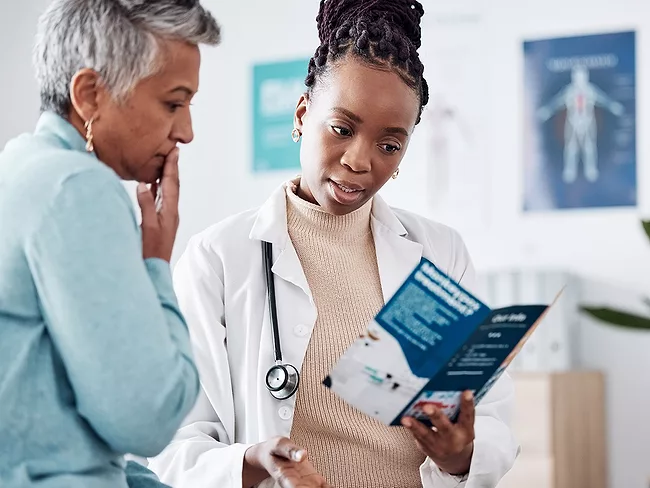
Conferences, Medical technology
Jefferies London Healthcare Conference
CMR Surgical targets US with Versius Plus robotic system
Read MoreFT Global Pharma and Biotech Summit
Could restricting diversity efforts stall women’s health research?
Read MoreJefferies London Healthcare Conference
Siemens partners with Boston Sci, eyes standalone growth
Read MoreJefferies London Healthcare Conference









